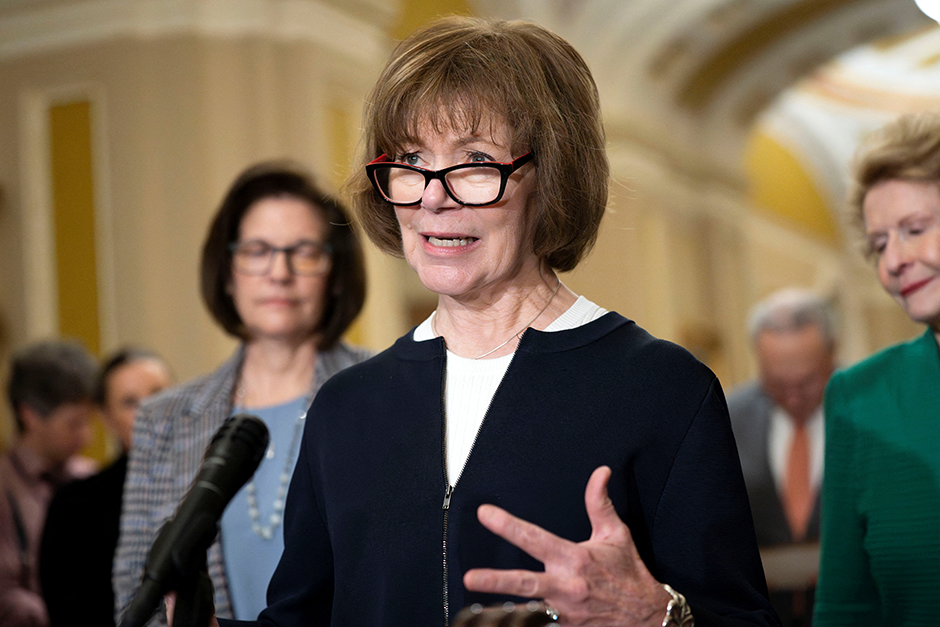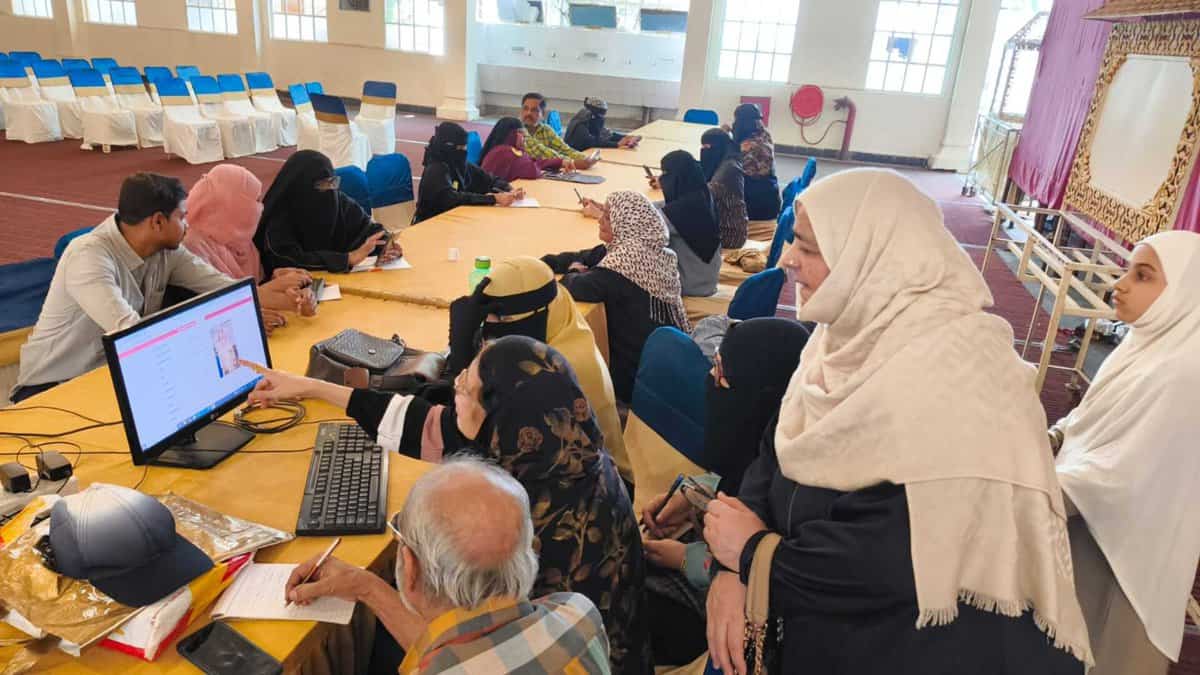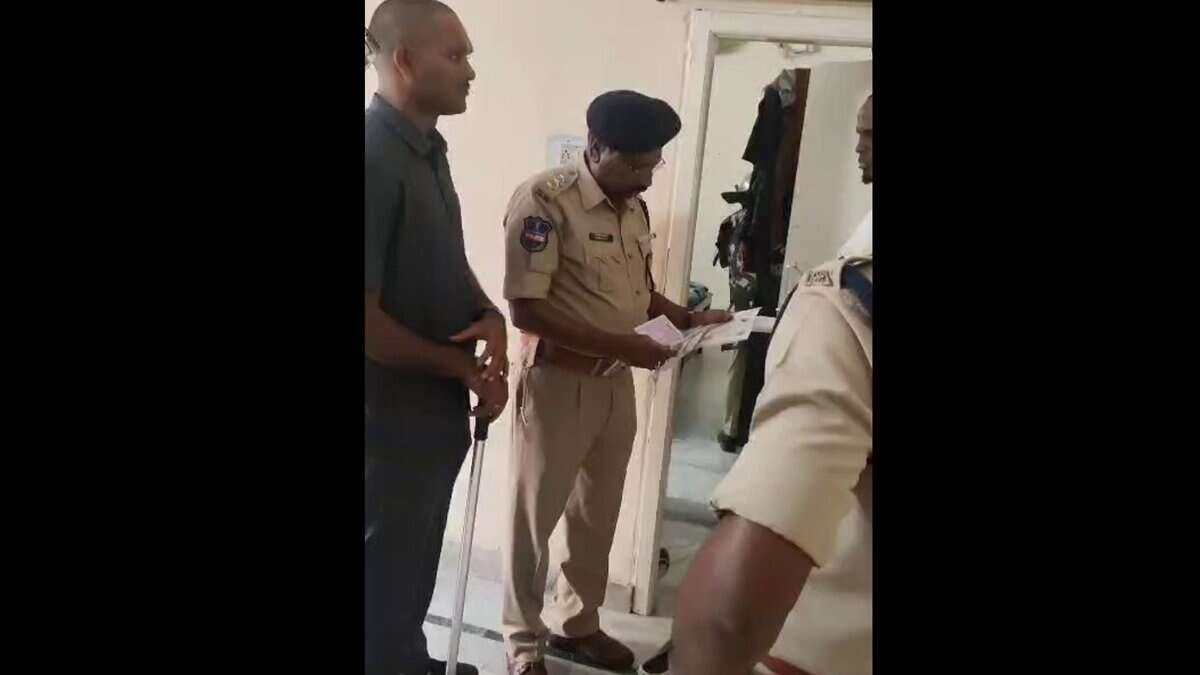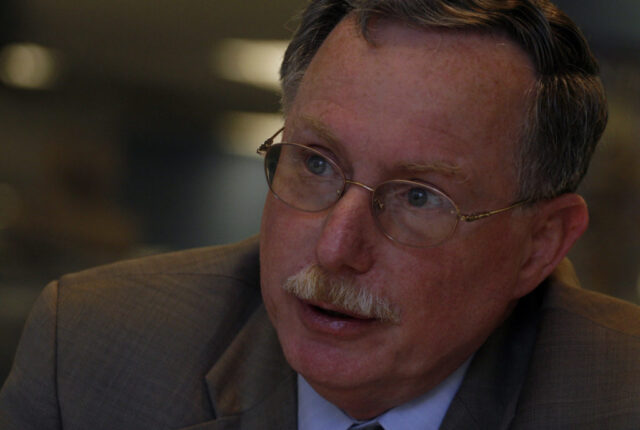Mark Klein, a whistleblower who exposed a National Security Agency program of mass government spying on American internet traffic in the 2000s, has died. He was 79 years old.
His brother, Larry Klein, told PBS News that Mark died March 8 in Oakland, California. Klein had been diagnosed with Parkinson’s disease and, later, pancreatic cancer, his brother said.
The Electronic Frontier Foundation, who worked with Klein to expose the spying program, said in a statement that he “told the truth at great personal risk to himself and his family.”
WATCH: New documentary details how governments use spyware to monitor citizens’ phones
“I could never imagine being in that kind of a situation,” Larry said of his brother’s efforts. “I’m not sure I would have had the courage to continue through with this. I was so proud of him.”
Klein was a technician at AT&T in San Francisco when he discovered that the NSA was using a splitter to intercept, monitor and copy all internet traffic and other data and deliver it to a secure room inside AT&T’s office. He found designs for the space, known as Room 641A, and other documents that detailed the technology and the existence of the program, as well as outlined AT&T’s cooperation with the spy agency. He determined that the program existed in other U.S. cities. The NSA program came on the heels of the Patriot Act, which created the Department of Homeland Security and gave U.S. defense and spy agencies wide latitude in the wake of the Sept. 11, 2001 terrorist attacks.
“It dawned on me sort of all at once, and I almost fell out of my chair,” Klein told PBS’s Frontline in a 2007 documentary.
Upon retiring from AT&T, Klein went to EFF, which brought lawsuits against the NSA programs using Klein’s information.
“While we have not yet seen the success in ending the spying that we all have hoped for, his bravery helped to usher numerous reforms so far,” the foundation said.
“The White House has repeatedly and, often successfully, tried to portray this as just a very small, narrow program focused on a handful of bad people who were making phone calls to the Middle East,” Klein said in 2007. “What’s really going on, and the nature of equipment is, they’re looking at millions of Americans’ communications, domestic communications. And that’s a whole [other] kettle of fish and not constitutional.”
EFF said that while some change resulted from the documents and first-hand account Klein provided, both Congress and the courts “have refused to take the steps necessary” to end mass surveillance.
Larry Klein said he and his brother shared concerns about mass surveillance and the growing power of the presidency, especially when it came to getting the U.S. involved in conflicts abroad. The topic of the executive branch’s authority has been front and center in the first few months of the second Trump administration.
“I’m in agreement with my brother on this that the growing, arrogant power of our government has to be reined in,” he said. “Growing presidential power in our country is frightening, and our current president is a good example of how presidential power wants to be extended even more.”

















































